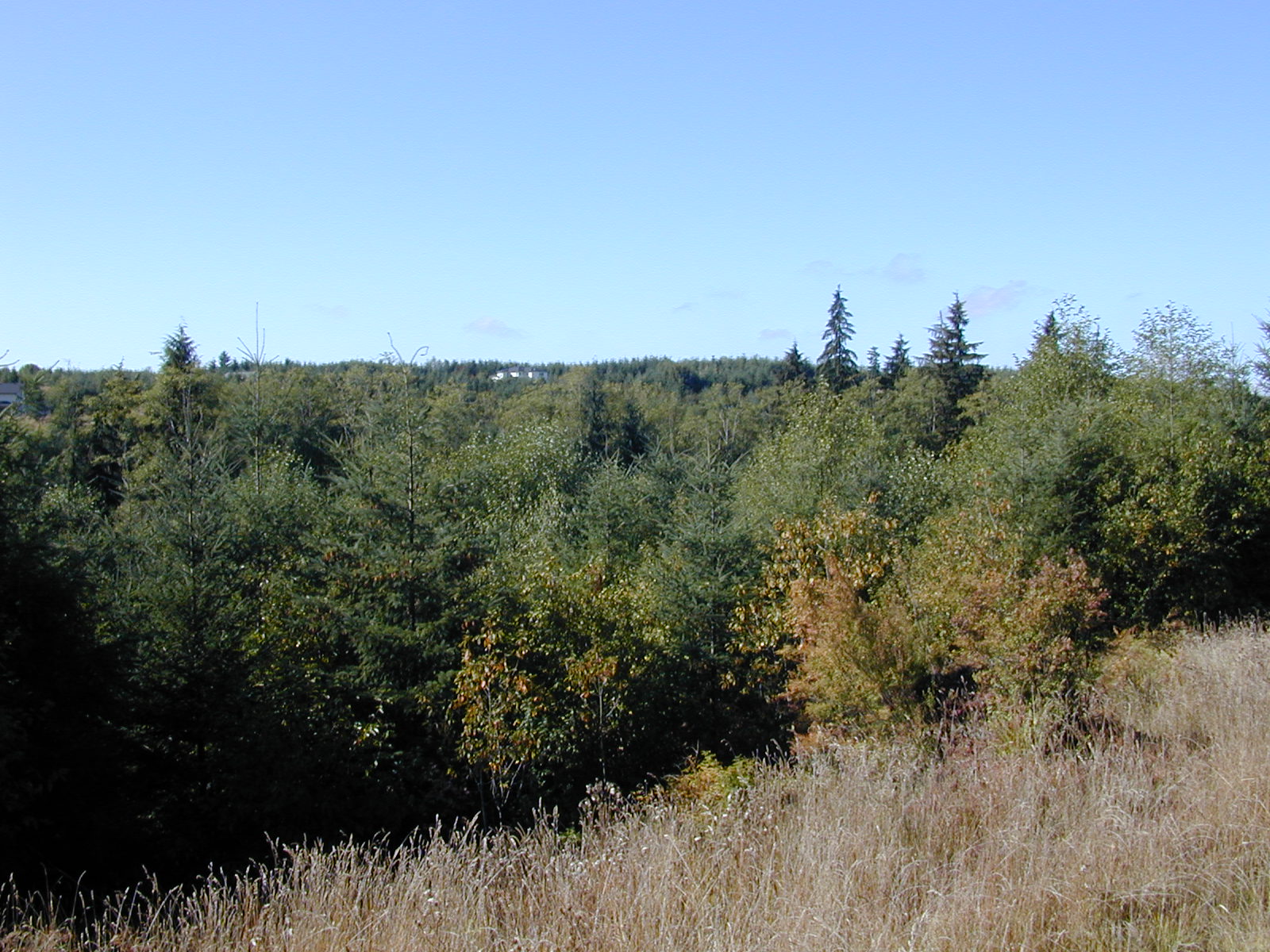Inspecting Land For Development
Land Inspection Checklist
Land development is hard and unforgiving of mistakes. One place to be especially organized and focused is during real property inspections, so I use a land inspection checklist to keep me on-track and prevent oversights.
The underlying principals and the steps for inspecting raw land apply to deals big or small. They should be used not only to evaluate the current condition of the real property, but also to determine if the property is capable of the improvements required for the future development goal.
The checklist below covers some of the basics of a land inspection, not necessarily all. Every piece of land is unique, so keep in mind that this is not a one-size-fits-all example.
Land Inspection Checklist:
Title:
· Do the contracting parties have the legal right to sell/buy the property?
· Is title subject to any prior, pending and/or existing agreements? First right of refusal, option, lease or rental agreement, life estate?
· Are there any boundary encroachments?
· Are there any boundary disputes?
· What easements exist on title?
· What type of road access? Private or public?
· Are there road or easement agreements?
· Are there joint agreements affecting the property?
· Are there access limitations that affect current or future use?
· Are there violations, non-conforming uses or other restrictions that affect current or future use?
· What zoning classification is the property in?
· Would re-zoning be required for the intended use?
· Would a zoning variance (Conditional Use Permit) be required for the intended use?
Utilities – Potable Water:
· Does the property have a potable water supply?
· If yes, is the water supply a public or private water system, private well, other?
· Does the water source have the capacity to serve the intended use?
· Is there an easement to maintain the water source?
· Are there problems or repairs needed for the water source?
· Are there connection or hook-up charges to tie into the water source?
· Is a certificate or permit required for water use for the property?
· If yes, from whom?
· Is the water certificate or permit transferrable?
· Is a water right required?
· Are there any defects in the water system?
Utilities – Irrigation:
· Is a permit, certificate or water right required for irrigation?
· If yes, can the certificate, permit or water right be transferred or assigned?
· Is there a capacity limit for use?
Utilities – Electrical:
· Is the property served by electricity?
· If no, what are the off-site extension requirements?
· Is there a connection charge?
· Does the power company have capacity to serve the project?
· Are there electrical problems on the property?
Utilities – Natural Gas
· Is the property served by natural gas?
· Is there a connection charge?
· What off-site extension requirements exist?
· Is there capacity from the Gas Company to serve the project?
Utilities – Sewer:
· Is the property served by sewer?
· Is it a public or private sewer system?
· Is there a connection charge?
· Are there additional fees or charges?
· Is there capacity from the utility to serve the project?
Utilities – Septic - Unimproved:
· Have soil tests been done for septic design and drain field feasibility?
Utilities – Septic – Improved:
· Is the existing septic system permitted?
· Was it approved by the Health Department or other authority?
· What type of system is it? Pressure, gravity, evaporative?
· Have there been any problems with, changes or repairs to the system?
· Are there monitoring or maintenance requirements?
Flooding:
· Is the property in a designated floodplain?
· What are the boundaries of nearby designated floodplains?
Soil conditions:
· Has there been settling of the soil?
· Has there been earth movement?
· Have there been slides?
· Is there contamination?
· What soil conditions existing on adjoining or nearby properties?
Environmental:
· Are there substances or materials that are environmental concerns? - Asbestos, radon gas, lead-based paint, chemical or fuel storage tanks, contaminated soil or water?
· Does the property contain soil fill, other fill materials, or waste?
· Is there soil or groundwater contamination?
· Has the property been used as a dumping site?
· Has the property been used as an illegal drug manufacturing site?
· Are there radio towers that affect cell phone use?
· Has there been flooding, standing water, or drainage problems affecting the property or access to it?
· Has there been any damage to the property?
· Are there critical areas such as wetlands, shorelines, or floodplains on or near the property?
· Has the property been used for commercial or industrial use?
A word on consultants during inspection:
I figure it costs less to hire professionals to advise during the inspection period, prior to closing. It costs less for a consultant to find a problem that causes me to walk from the deal, than it does to close and wind up dead in the water.
When reading the checklist, above, I hope it has become obvious that professional consultation is necessary to get quality information and answers to many of the these questions.
Wrap up:
The checklist can have an important use for more than just the parcel I am planning to buy. I also use it to answer questions about adjoining properties to to the extent possible. Problems on nearby properties can affect mine as well.
One example would be a nearby property that has been used as an illegal drug manufacturing site. Contaminants in the surface and groundwater from the site might migrate to the property I am looking to buy, either now or in the future. This and many other possibilities are why it is best to use use all available information during inspection to minimize acquisition risk, while providing the best chance for a successful outcome.





